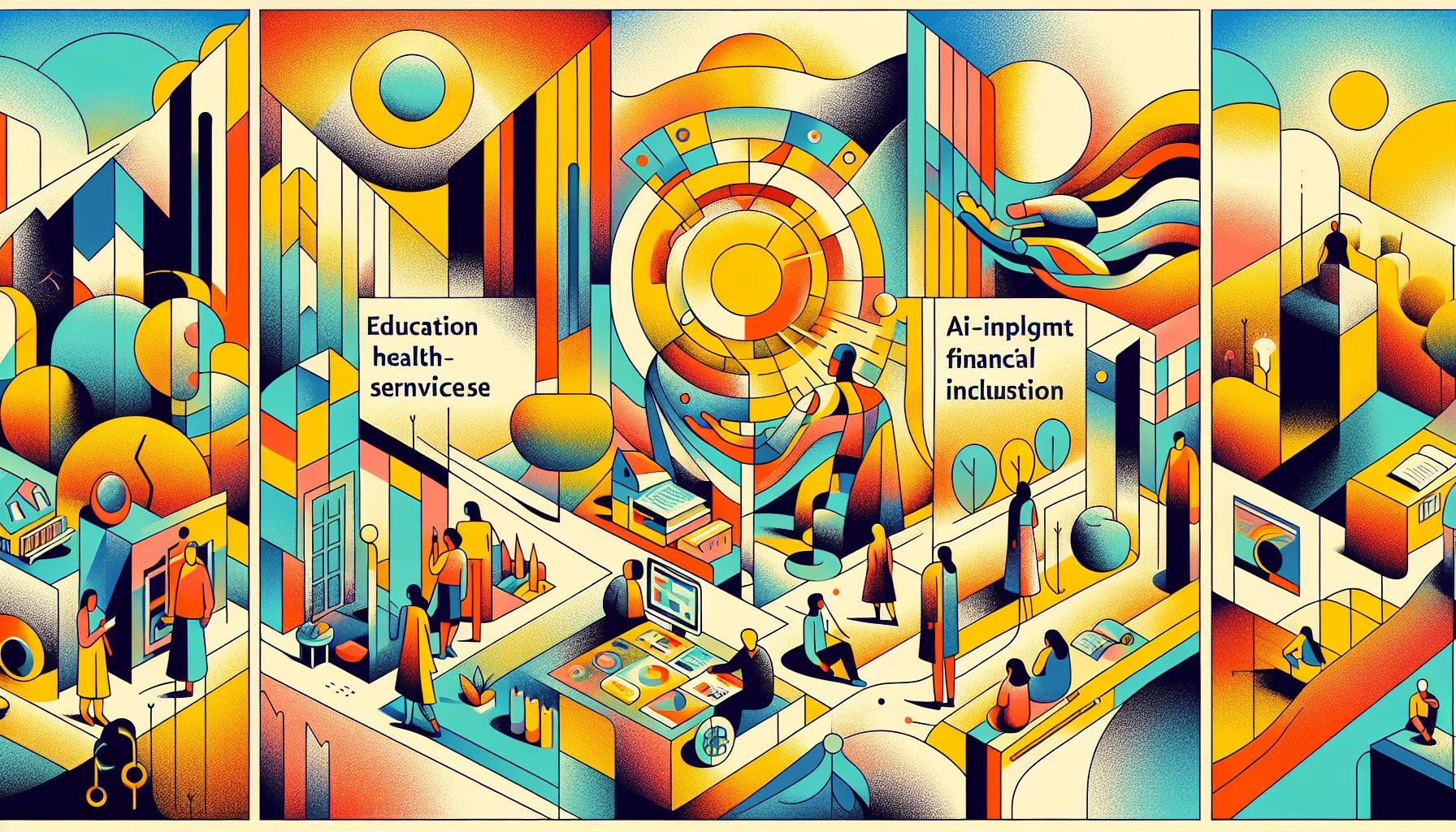World Bank Report Highlights AI's Impact on Developing Nations

AI is transforming developing nations, creating both opportunities and challenges. The World Bank report emphasizes AI’s role in education, healthcare, public services, and financial inclusion.
Transformative Potential in Education
AI’s impact on the education sector is profound, particularly in regions with significant teacher shortages. AI-powered tools are bridging these gaps by providing personalized learning experiences and educational support. For instance, in India, AI-driven personalized learning platforms are enhancing academic performance, enabling students to receive tailored instruction that addresses their unique needs. This not only improves educational equity but also prepares students for a future where digital literacy is paramount[1].
Revolutionizing Healthcare
In the healthcare sector, AI is a game-changer, especially in areas with limited access to medical professionals. AI tools for diagnosis and treatment recommendations are helping to fill this void. In South Africa, for example, AI systems support doctors by handling routine diagnostic tasks, allowing medical professionals to focus more on patient care. This not only enhances the efficiency of healthcare delivery but also improves patient outcomes[1].
Enhancing Public Services and Financial Inclusion
AI’s applications extend to public services and financial inclusion, where it is making governance more efficient and empowering financial services in remote areas. In Togo, AI has been instrumental in improving the targeting of a cash transfer program, ensuring that funds are allocated to those most in need. This targeted approach helps reduce financial disparities and supports economic stability in underserved communities[1].
Challenges and Ethical Considerations
Despite its benefits, AI also presents significant challenges, particularly concerning economic disparity and job displacement. The productivity gains from AI are primarily seen in wealthier nations and major tech firms, potentially widening income gaps and increasing unemployment in developing regions. The World Bank underscores the importance of developing robust governance frameworks to ensure responsible AI use. These frameworks should align with ethical standards and social values to mitigate the risks associated with AI deployment[1].
World Bank’s Strategic Approach
The World Bank’s approach to AI in developing nations focuses on building digital infrastructure, nurturing local AI ecosystems, and enhancing skills development. By financing and facilitating AI and digital transformations, the World Bank aims to foster inclusive growth. Collaboration and global dialogue are essential in this effort, ensuring that the benefits of AI are maximized while its risks are mitigated through cooperative international policies[1].

